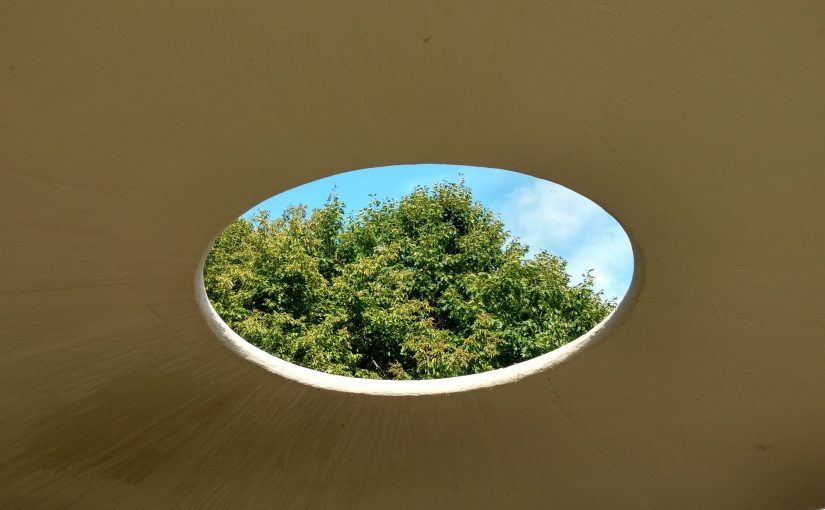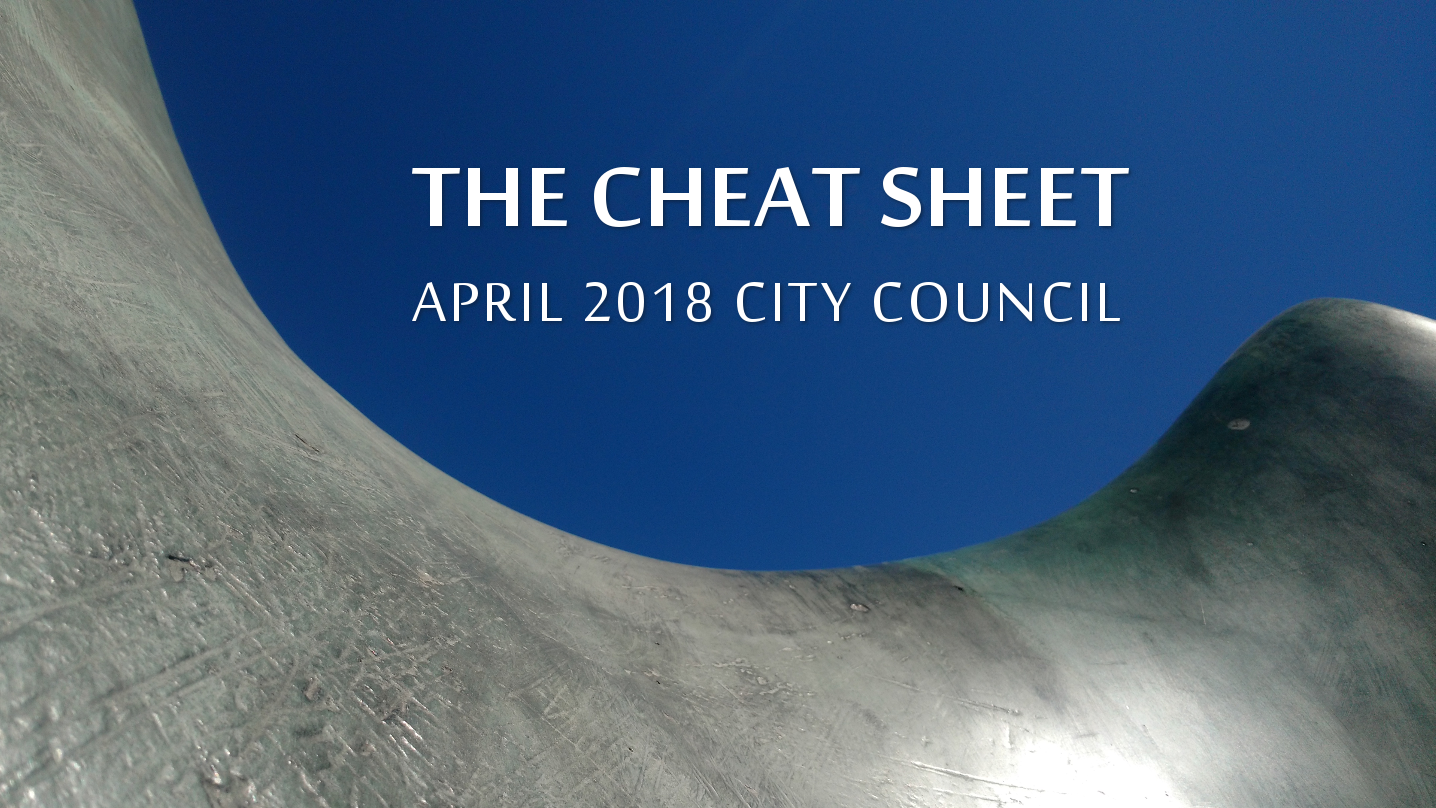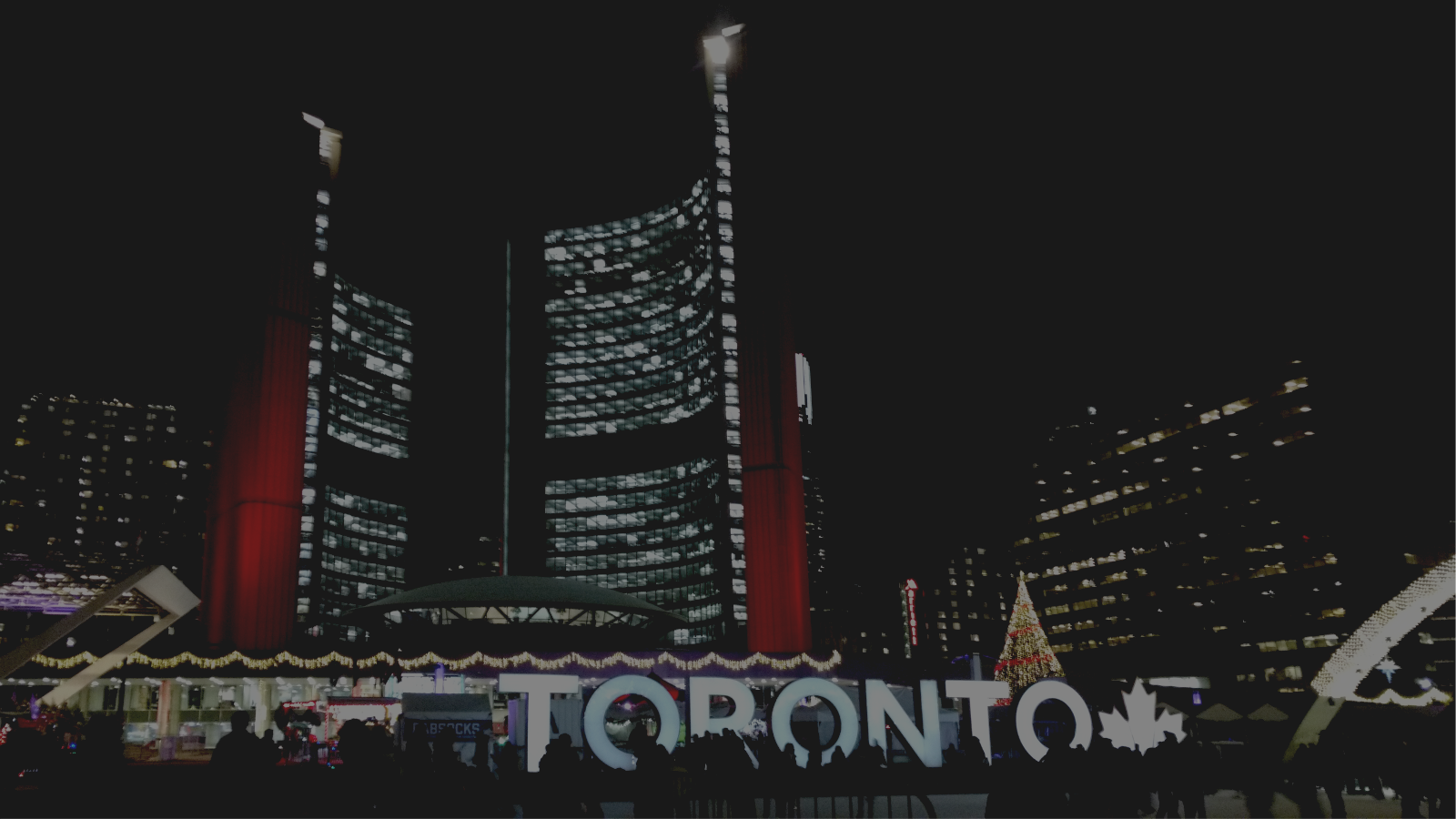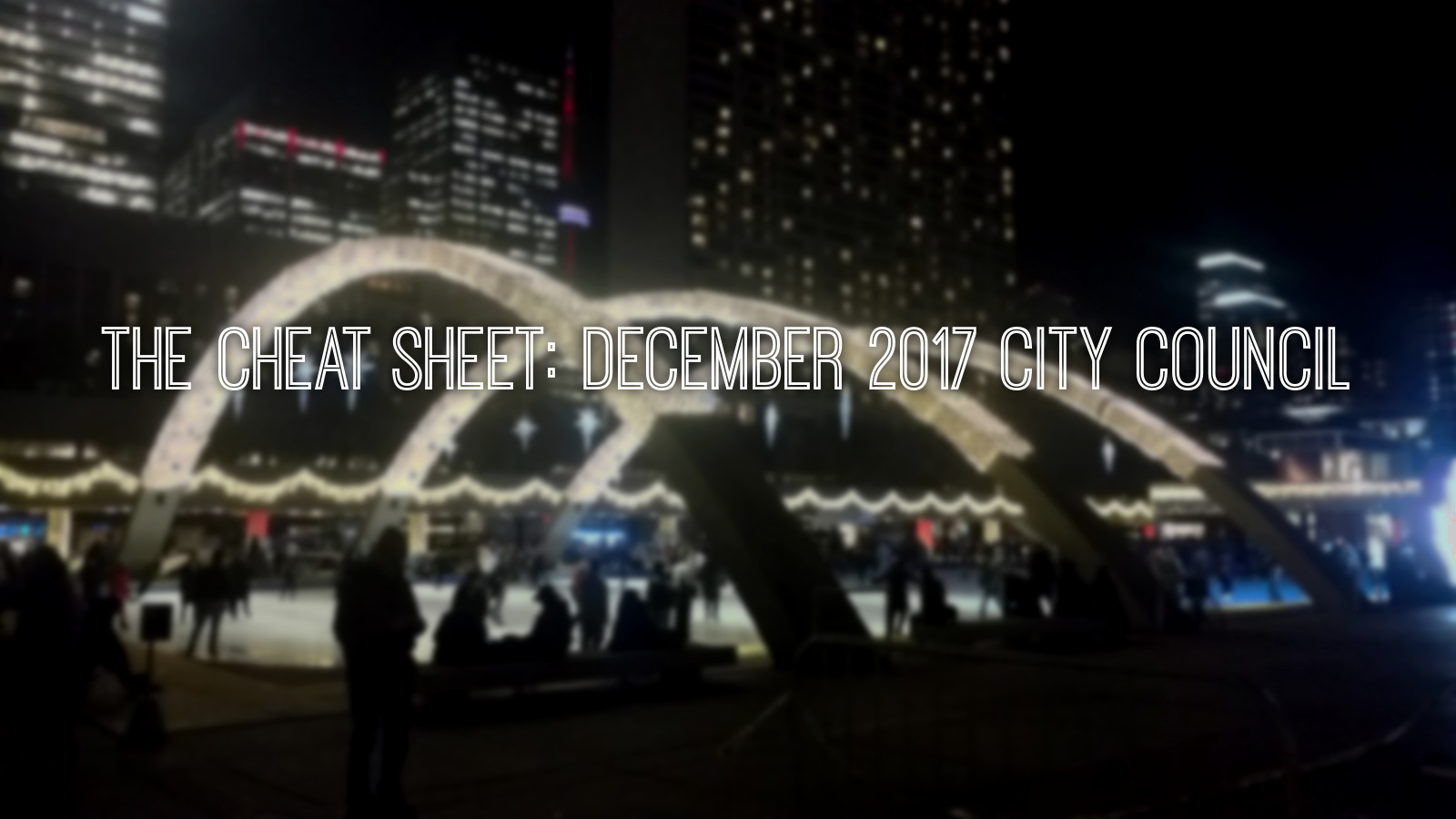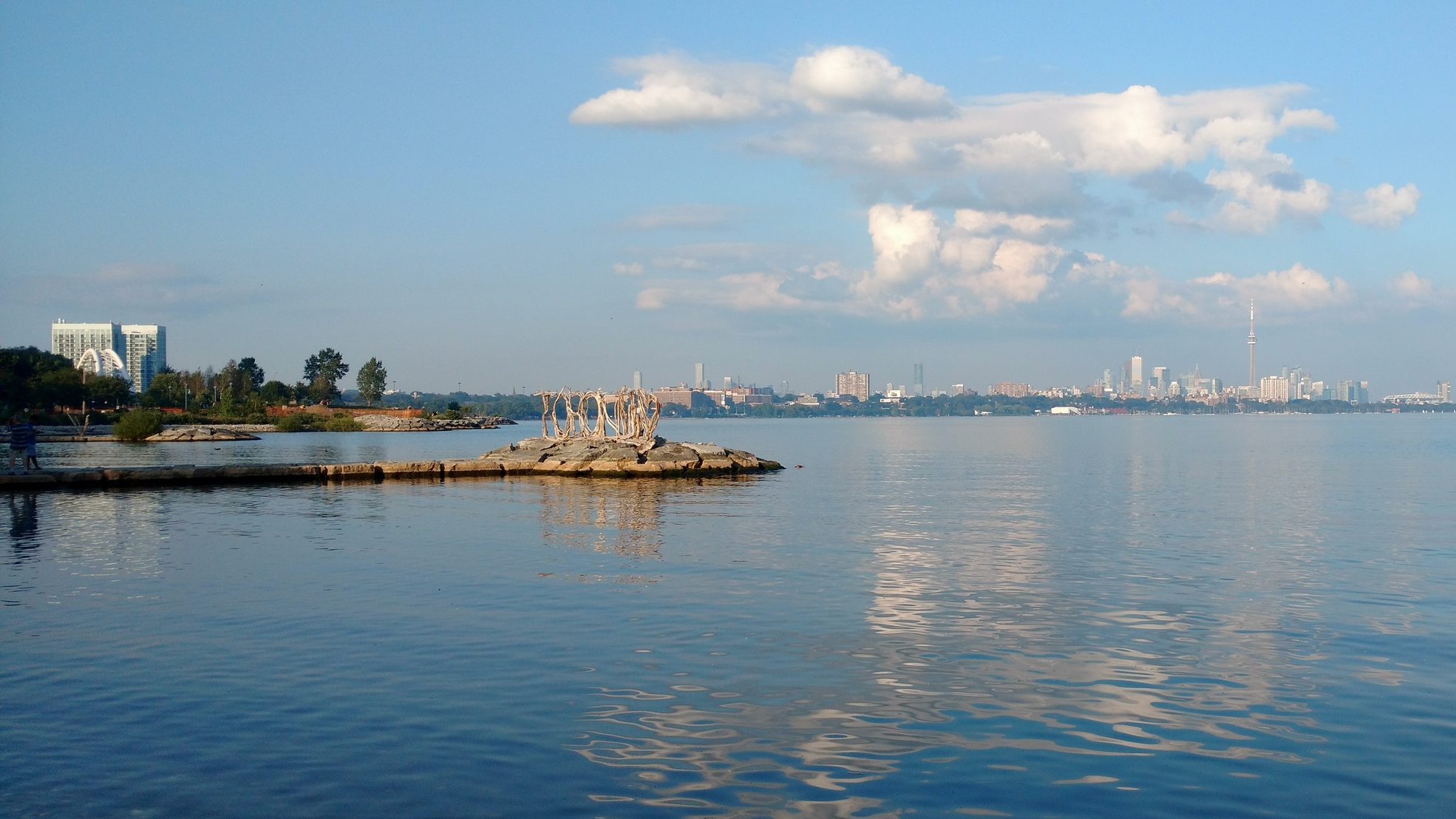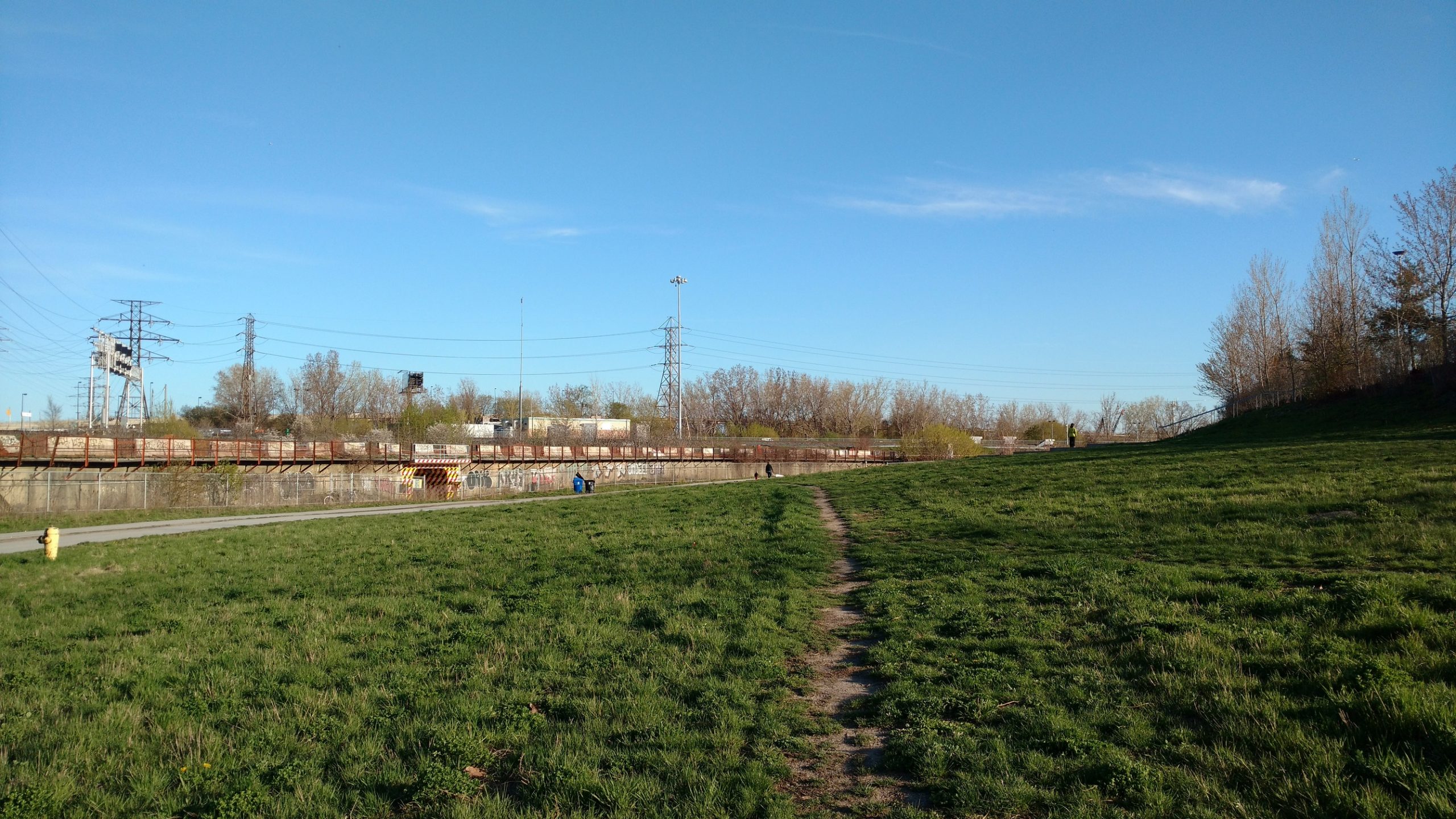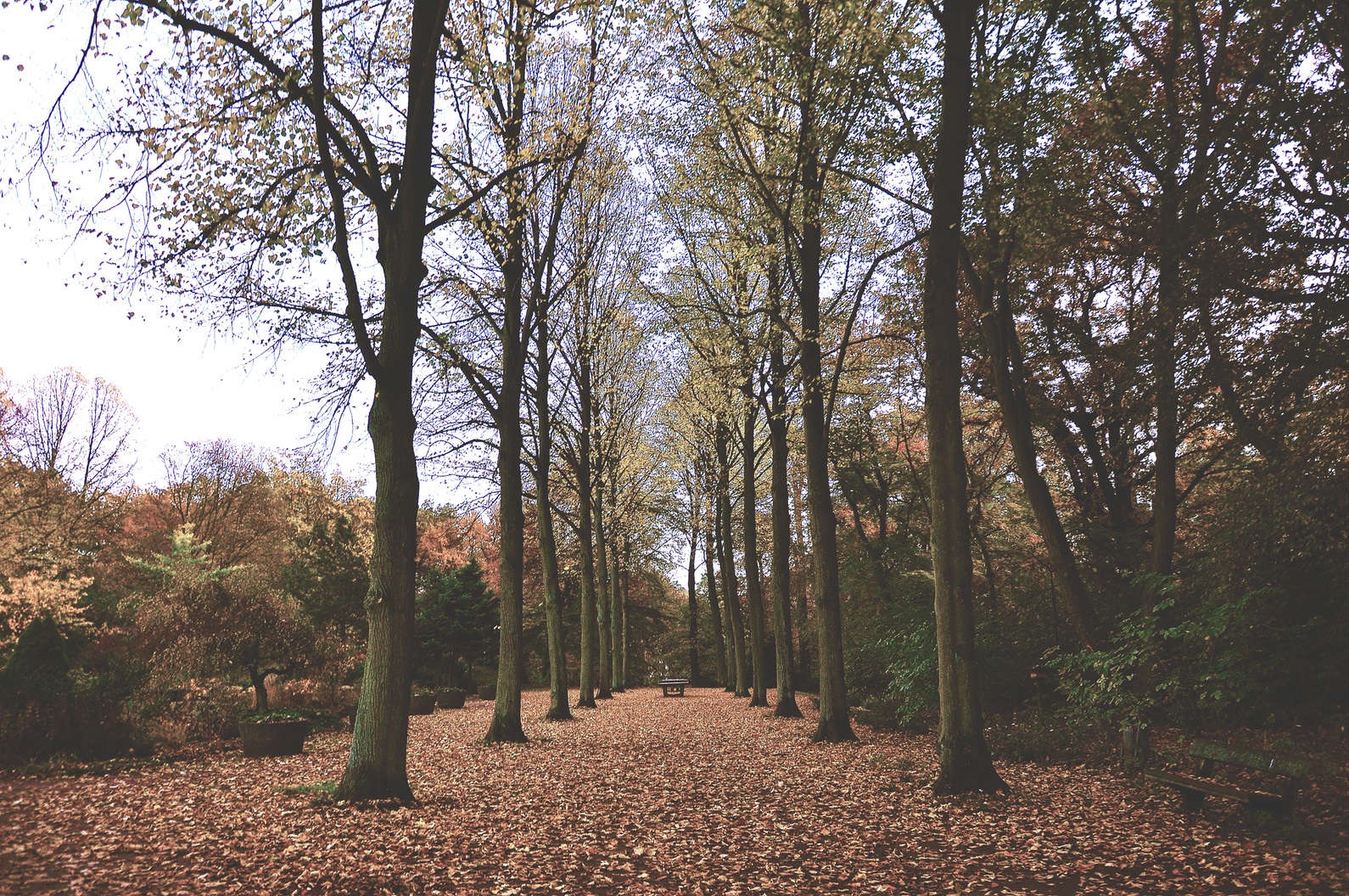Yesterday afternoon, after the rain stopped, I made a quick trip to the Oculus—the long-abandoned space-age modernist pavilion near the foot of the Humber Trail. And within a minute’s walk along the trail in either direction, I found more spider diversity than I ever find in my usual sites! Continue reading Field journal: Spiders of the Oculus
Tag: parks
The Cheat Sheet: July 2018 City Council
It’s the last Council meeting of the 2014-2018 term. Whew. Here’s a rundown of the sizeable agenda, including addressing recent gun violence, end-of-term concerns, plastic straws, affordable housing of all kinds, planning studies, and the newest addition to the PATH.
The Cheat Sheet: April 2018 City Council
This month’s City Council meeting looks like it’s going to be a bit of a clip show. On the agenda: SmartTrack, the Scarborough subway, gambling at Woodbine, a 350-year-old red oak tree, and more. Read on for my overview.
The Cheat Sheet: January/February 2018 City Council (Extra Special Low Effort Edition)
On this meeting’s agenda: waterfront transit, a Rail Deck Park development proposal, various TCHC issues, self-driving cars, cryptocurrency, a new revenue tool, and, of course, tree removal applications.
Several items were deferred from the last meeting; check my previous write-up. Continue reading The Cheat Sheet: January/February 2018 City Council (Extra Special Low Effort Edition)
The Cheat Sheet: December 2017 City Council
This month Council will pass the rate-based (water, waste, and parking) budgets. Also on the agenda: Rail Deck Park, SmartTrack, taking action against anti-Black racism, AirBnB regulations, and more.
Continue reading The Cheat Sheet: December 2017 City Council
The Cheat Sheet: November 2017 City Council
Since the last regular Council meeting, Council narrowly voted to appoint a Tory supporter to replace late councillor Pam McConnell; Waterfront Toronto announced its partnership with Alphabet’s Sidewalk Labs; and City Manager Peter Wallace frankly discussed Toronto’s possible futures in an annual address.
On this meeting’s agenda: the Bloor bike lanes; a Parks and Rec master plan; Metrolinx fare integration; the George Street Revitalization; and more.
Continue reading The Cheat Sheet: November 2017 City Council
Spiders of the Western Waterfront
If you follow my Instagram you’ll see that I spend most of my spider-watching time on the western waterfront. There’s an abundance of diverse spider habitats all along the Martin Goodman Trail, but there are several parks that are worth dedicated visits. Here’s a tour…
Spider Excursion: Corktown Common
So last month, as part of my goal to find spiders in more locations around the city, I took myself on an outing to Corktown Common. The land, once belonging to a hog slaughterhouse (hey, Toronto’s called “Hogtown” for a reason), was reclaimed and redeveloped as part of the West Don Lands revitalization. Continue reading Spider Excursion: Corktown Common
Hot Take: Private parks set a perilous precedent
Look. I love nature and public space and all, but parks funded by private donors set a very bad precedent.
First, it reinforces the idea that parks are “extra”, not something that the City itself should invest in. It makes the creation of new parks (and the resources allotted to them) dependent on the whims of wealthy donors and not solid urban planning principles. It’s unpleasantly reminiscent of local improvement charges, i. e. rich homeowners paying to spruce up their own neighbourhood.
I’m afraid this will continue to marginalize places that aren’t tourist hotspots, scenic landscapes, or up-and-coming neighbourhoods. Not every park can be as exciting as the Don Valley or Rail Deck Park or whatever they’re calling Under Gardiner. Not every park has to be. Parks shouldn’t just be attractions people visit on special occasions, like the zoo. They should also be a part of everyday life.
Green space is an urban amenity as essential as libraries and clean water. Aside from parks’ importance for health and the environment, they are valuable in their own right as public space. They’re places where you can loiter, sleep, relax, exercise, cool down, picnic, socialize, drink covertly, collect beer cans…all without having to buy anything. For many city dwellers, parks are our backyards.
Public-services-as-philanthropy leaves less glamorous needs by the wayside. Currently playground equipment is only replaced every 30 years (up from 60). Not to mention other things than parks, as Danny Brown notes on Twitter. No one is donating to reduce the TTC or TCHC SOGR backlog.
The whole thing is part of a larger trend towards valuing public services only insofar as they make money. Financial worth may seem more tangible, but it is not the only kind of worth. There are many things—public transit, parks, and more—whose value can’t be measured in dollars. They should not have to turn a profit. People freaking love parks and libraries. It should be possible to fund them sustainably, by increasing the City’s main source of revenue—property taxes—instead of relying on occasional windfalls.
In this pared-down vision of city government, services that cannot pay for themselves must be shuffled off to beneficient private donors, corporations, charities, or non-profits. It’s not because these things would be better off in someone else’s hands. It’s just an attempt to make it Someone Else’s Problem. “Screw you, I got mine.”
It’s a small, mean, insular way of thinking and I hate it. Enough said.
Refined from Twitter. Thanks to Ed Keenan for the shout-out!
